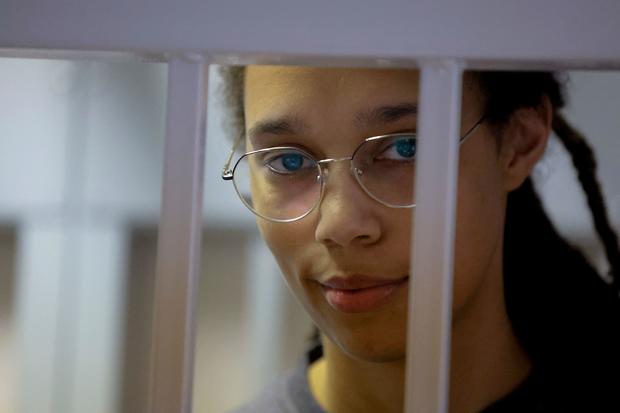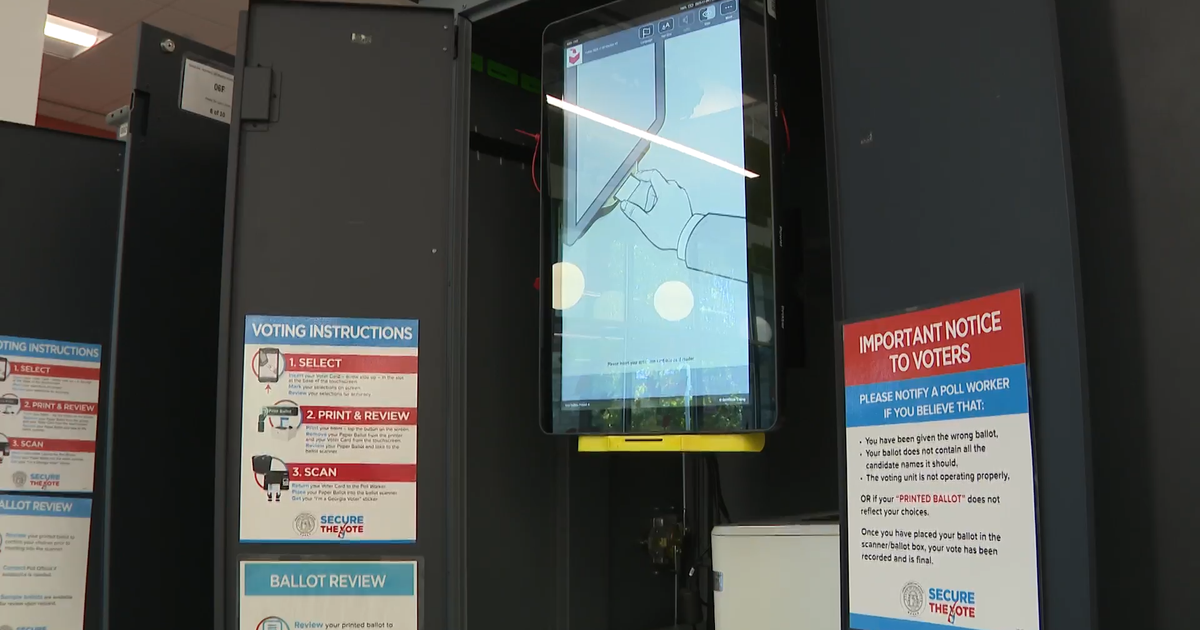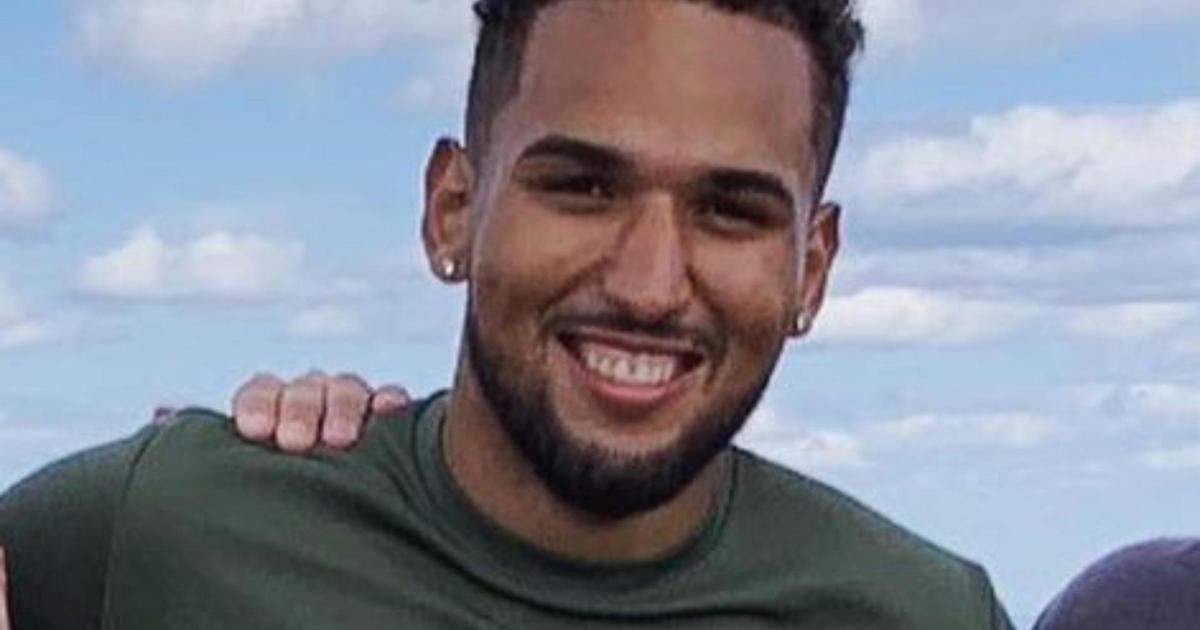Do prisoner swaps encourage hostage-taking? Brittney Griner's release resurfaces debate
The prisoner swap between the U.S. and Russia to secure the release of women's basketball star Brittney Griner has pushed the debate over whether such concessions encourage hostage-taking back into the spotlight.
Griner, who had been detained in Russia since February on drug charges, was released Thursday in a prisoner swap for international arms dealer Viktor Bout, who was imprisoned in the U.S. for more than a decade on terrorism charges resulting from a sting operation.
"In the case of Viktor Bout, these are hard decisions," Secretary of State Antony Blinken told CBS News' Margaret Brennan. "And ultimately those of us working for the president make recommendations, give advice. He's the one who has to make the hard calls. And he made a hard call. Viktor Bout's been off the playing field since 2008, which is a very good thing, and he served about half of his sentence. At some point, in the years to come, he was going to get out. And I'm glad at least that we were able to get Brittney Griner home."
While Griner's release was widely praised, the swap was swiftly criticized by those who thought the U.S. was making an unequal trade, especially given that the U.S. had declared Griner wrongfully detained.
"This should be a moment of deep reflection for the United States government to recognize we have a serious problem with hostage-taking of Americans," Democratic Sen. Bob Menendez of New Jersey said in a statement. "We must stop inviting dictatorial and rogue regimes to use Americans overseas as bargaining chips, and we must try do better at encouraging American citizens against traveling to places like Russia where they are primary targets for this type of unlawful detention."
Democratic Sen. Chris Coons from Delaware told reporters that the more the U.S. engages "in such exchanges, the more Americans are at risk of being scooped up and held as leverage to try and secure the release" of people the U.S. would prefer not to release.
The U.S. government has long had a policy of refusing to make concessions to terrorists who kidnap Americans, with the argument being that refusing to pay ransoms or give in to other demands would remove the incentive of taking American hostages in the first place.
But prisoner exchanges with governments involving Americans the U.S. deems to be wrongfully detained have blurred the policy.
The RAND Corporation, which released a study in 2018, said it was "unable to find persuasive evidence supporting the assertion that a no-concessions policy provided an effective deterrent."
"While the U.S. no-concessions policy has not deterred kidnappings, there is some evidence that political concessions and ransom payments appear to encourage further kidnappings and escalating demands," the study said.
The longstanding policy of not negotiating with terrorist groups frustrated families of hostages who wanted the U.S. government to do more to bring their loved ones home. President Obama announced a new policy in 2015 that sought to create better coordination across the government to secure the release of hostages and better communication with the families. He also reaffirmed the U.S. position of not making concessions to terrorist groups.
A report by the think-tank New America in 2017 found that the refusal to make concessions to terrorist groups often had more adverse effects on hostages from those countries than from countries who made concessions. Another study found "strong evidence that terrorist negotiation success results in more hostages being abducted because of terrorists' anticipated future payoffs."
A senior administration official told reporters Thursday it would be "mistaken" to think prisoner swaps in hostage situations "has become the norm."
"I don't think governments around the world would be wise to draw that inference," the official said. "But in the rare case when there is an imperative to bring Americans home, which is a real priority for this president, there sometimes are no alternatives left and a heavy price has to be paid."
While Griner is free, Marine veteran Paul Whelan remains imprisoned in Russia on espionage charges that the U.S. says are false. Whelan's brother, David, called on the U.S. to be "more prepared" for when more Americans are imprisoned abroad.
"It's clear the US government needs to be more assertive," he said. "In Russia's case, this may mean taking more law-breaking, Kremlin-connected Russians into custody."
On Thursday, President Joe Biden warned Americans against traveling to countries where they could be wrongfully detained, saying it's not a guarantee the U.S. government will be able to secure their release.
"I strongly urge all Americans to take precautions, including reviewing the State Department's travel advisories before they travel overseas, which now includes warnings about the risk of being wrongfully detained by a foreign government," Mr. Biden said.




